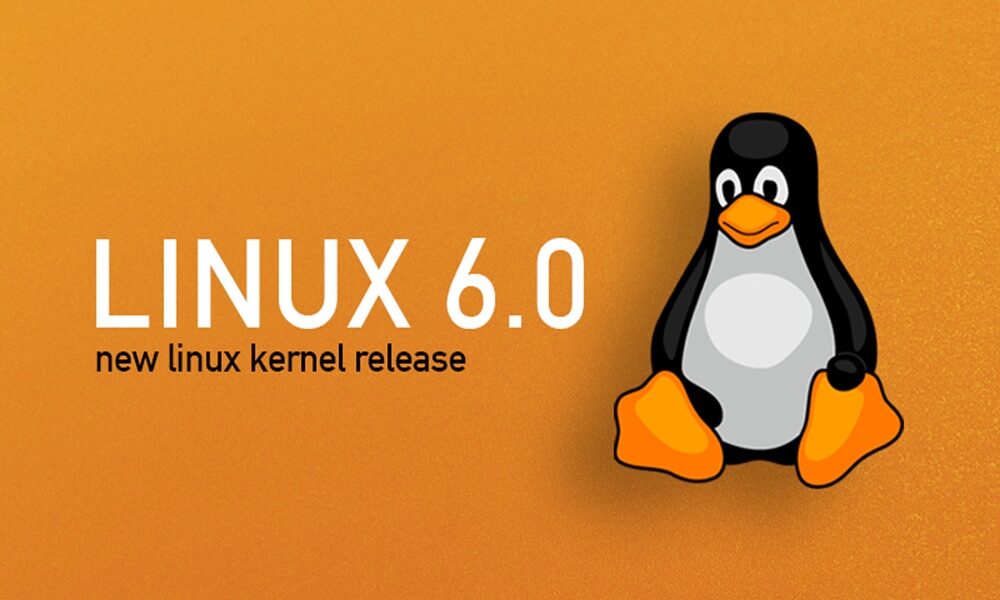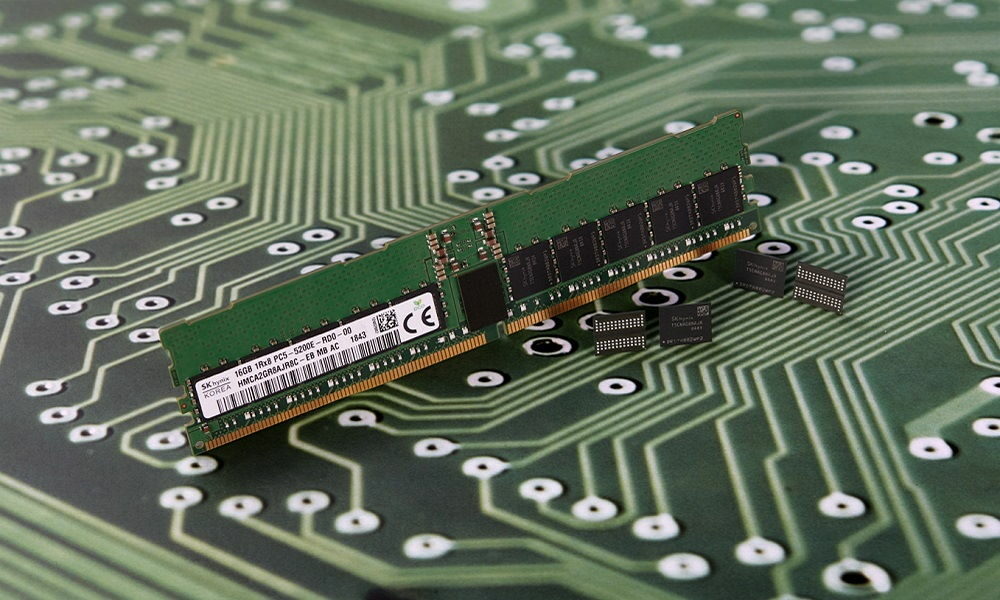
The popular open source operating system Linux starts the season with a new version: Linux 6.0 arrives and it does so with what is its greatest novelty, support for new hardware.
Unlike the last version, 5.19, it includes a support for the new 13th Generation Intel Core Raptor Lake processors. And also for the AMD graphics cards that will be presented in November, as well as the new Intel ARC whose launch in stores is scheduled for this month.
Other novelties of Linux 6 is the new Snapdragon 8cx Gen3 processor and different processors that the competition of the Raspberry Pi mounts, such as Rockchip RK3588 and Pine64 QuartzPro64. Additionally, Raspberry Pi 4 users will also enjoy a new graphics driver.
Aware of the importance of the Asian market, it also incorporates support for Chinese LoongArch CPUs with the aim of boosting the presence of Linux in the Asian giant. As well as new AMD multi-processor audio drivers.
Linux 6.0 also offers a H.265/HEVC codec which has reached the category of “stable” for those who use Raspberry Pi and equivalents such as micro PCs to play multimedia content.
Most visible developments in large systems
The novelties of Linux 6.0 do not end here. This new version incorporates improvements in ACPI and power management for Sapphire Rapids CPUs, a greater commitment to RISC-V, OpenRISC and LoongArc technologies, compatibility with SMB3 file transfer within Samba, and also with Intel’s Gaudi2 Habana Labs. What allows the hardware acceleration of machine learning libraries
Broadly speaking, the innovations that Linux 6 brings with it will not be very visible to the average user, but they will be on larger systems that work with large applications.
Linux 6.0 also includes 4th generation Intel Xeon server chips13th Gen Raptor Lake and Meteor Lake chips, AMD RDNA 3 GPUs, Threadripper CPUs, EPYC systems, and audio drivers for several newer AMD systems.
What is not included are the improvements in rust, a memory-safe language sponsored by Mozilla, although it is expected to arrive in the next version, 6.1. It is worth noting that the mere fact of having the core infrastructure for Rust in 6.1 is going to mean a big change in Linux, which has long been dominated by C languages.
The Linux 6.0 kernel can now be downloaded from the official website kernel.org.



